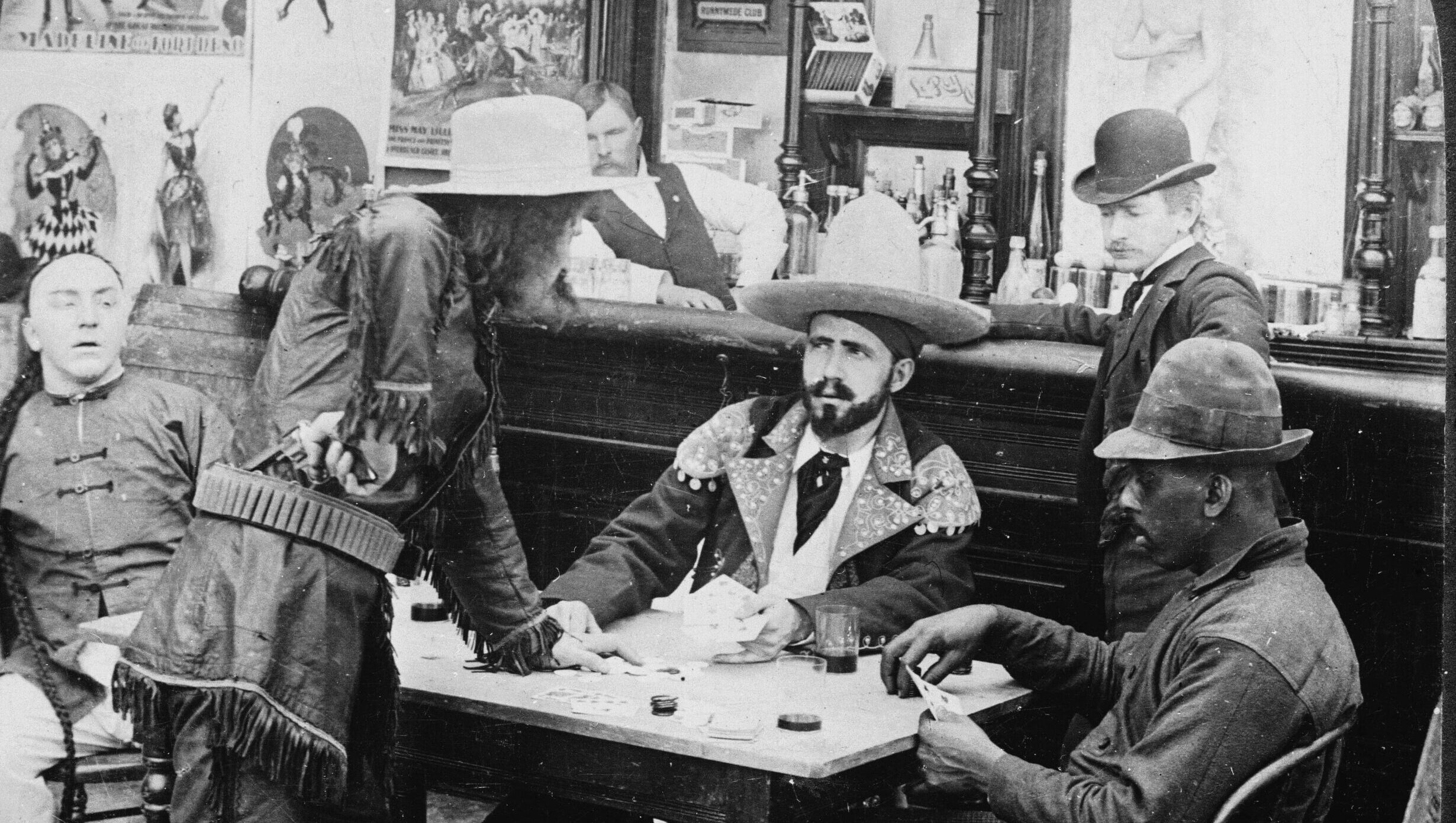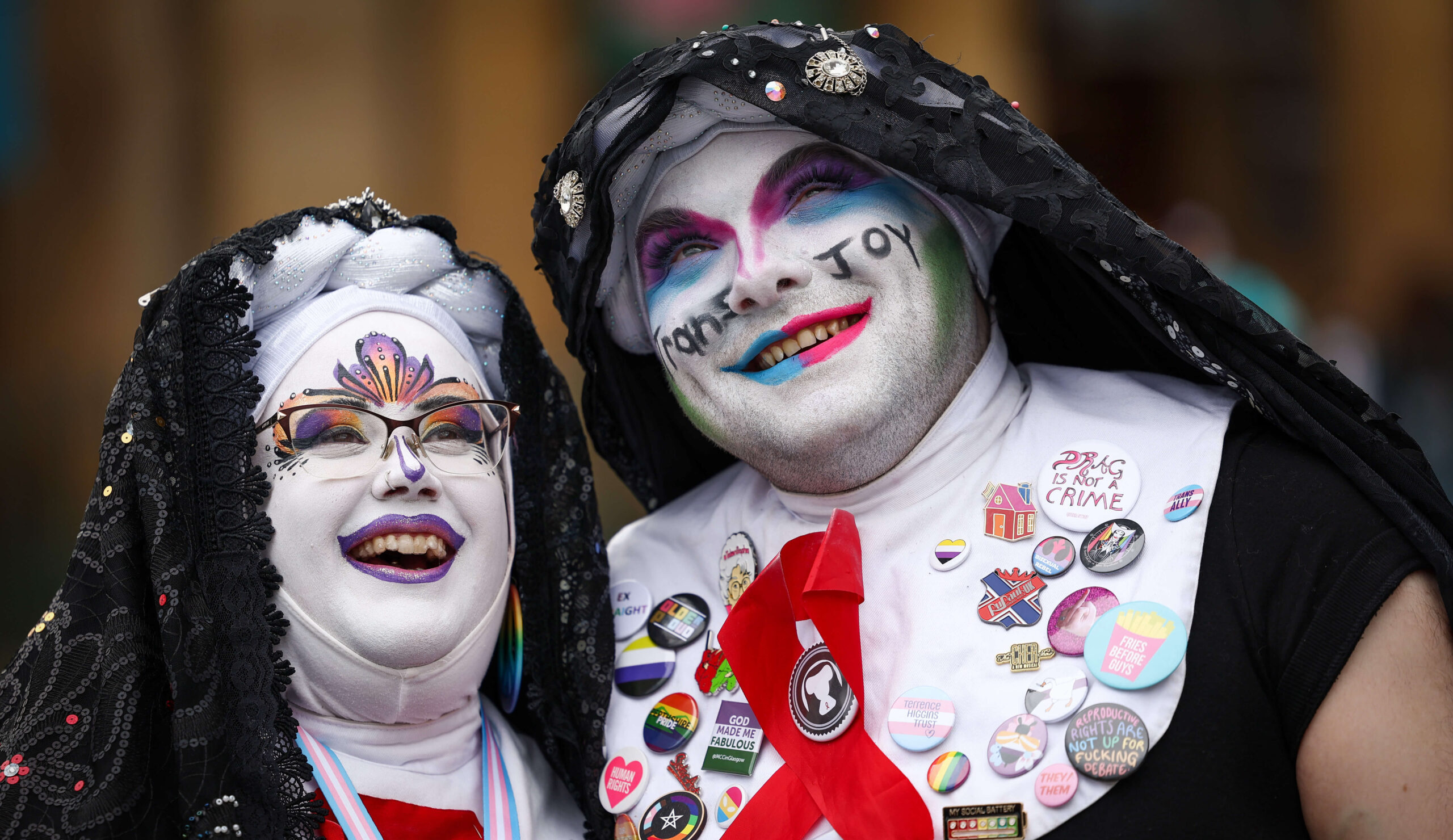Hope in a Democratic Age by Alan Mittleman
(New York: Oxford University Press, 2009)
Liberal democratic politics requires a certain kind of hope in order to flourish, argues Alan Mittleman, professor of Jewish Thought at the Jewish Theological Seminary. The kind of hope he has in mind is the conviction that good moral action is not only possible but real, ennobling, and worth our effort. Hope of this kind becomes confidence in the individual’s ability to change the world for the better. Today’s fatalism in the face of inexorable “progress” chips away at a person’s confidence that his actions contribute to the greater good. “Systems” and “structures” and “historical forces” replace the primacy of the person and render him a pawn in a larger and largely hostile cosmic game. Stories of this kind are ancient indeed, and have long rivaled alternative wisdom traditions, but in the end they lead only to despair. Mittleman thinks that biblical restoration narratives, and their humanistic development, provide proper ground for an ever-expanding horizon of insight into the free action proper to man. “Somewhere there must be a control upon will and appetite; and the less of it there is within,” wrote Edmund Burke, “the more of it there must be without.” Like Burke, Mittleman wants to strengthen internal controls upon will and appetite, controls best gained in the quest for virtue. But that quest requires background beliefs and narratives capable of sustaining the journey. Citizens today must renew hope in the freedom and dignity of individual acts of goodness if our democratic age is to be redeemed.
Admirers of Alasdair MacIntyre’s work will find in Mittleman a similarly deft guide through the historical transformations of hope in Western culture, beginning with the Hebrew Bible and culminating in more recent philosophy, religion, and political theory. Essentially Mittleman argues for the metaphysical stand asserted by acts of hope, which human beings cannot but make as long as they live. “To hope is to assume or to affirm a vision of the world that places human (and, for religious Jews and Christians, divine) agency and the confidence that attends agency at the center” (4–5). In order for human action to be oriented to a goal the person must be able to place an end before the mind’s eye. How that end gets situated in the imagination, and so becomes capable of animating the pursuit of the good, the true, and the beautiful, is the business of beliefs, stories, and metaphysics.
The first chapter synthetically presents a case for Jewish biblical hope as it has been enriched by cultures across the world, from ancient Greece to modern democratic political theory. It is in this chapter that hope itself is examined as a virtue. That virtue is then contrasted with negations of hope, as these are found in the Stoic praise of suicide, for example, as well as in such thinkers as Spinoza, Schopenhauer, and Nietzsche. Analyses of the Hebrew and Christian scriptures are also offered as necessary correctives to ongoing critiques of hope. Selected philosophers of hope, such as Condorcet, Kant, Bloch, and Arendt, give further bite to the metaphysical and ethical implications of hope in the contemporary world. Theologies of hope are also examined, from Hermann Cohen, Rosenzweig, Buber, Rauschenbusch, Hauerwas, Moltmann, and from a text of the Second Vatican Council, Gaudium et Spes. Mittleman concludes with suggestions, “Towards a Politics of Hope,” which include a subtle defense of what some would call subsidiarity, or the building blocks of civil society, understood as the seedbed of virtue necessary for the flourishing of liberal democracy.
Although the myth of the juggernaut called Progress, conceived as a kind of fate, charges through our advertisements and political campaigns, supposedly unstoppable and inevitable in its motions, Mittleman argues for a recovery of individual responsibility to act in light of the good, even in the face of potential opposition and indeed failure. Without realized moral freedom, hope is folly, meaningless, for the time cannot then be redeemed but only suffered. If citizens are to redeem the time, through acts of renewal and restoration of democratic institutions, then those citizens must fundamentally trust that their actions can effect substantive change in the world.
And not just any change, but change toward what is good, true, and beautiful. The enduring goodness of being justifies our hope in human efforts to procure a more just, equitable, dignified, and humane world through democratic politics, because “hope flourishes best where moral agency remains possible” (145). Citizens must believe that their actions matter. Just as MacIntyre’s analysis of moral inquiry led to the renewal of virtue theory, so Mittleman presents us with a compelling account of the civic virtue of hope first bequeathed to the nations by Jewish biblical culture, and in dire need of renewal in our culture of civic apathy.
The metaphysical primacy of goodness provides a framework capable of sustaining free moral action precisely because it leaves goodness a viable and transformative option for driving change. “To live is to change,” quipped John Henry Newman, “and to be perfect is to have changed often.” What distinguishes the more traditional citizens in our democracy from the progressives is that the former assume that the moral treasury of humanity must be brought into public debate and policy lest fatalistic progress push us bravely into a brutal new world. Hope must be wise and deep, not simply clamorous for change.
Hope can fire the imaginations of revolutionaries as much as conservatives. What is needed is the proper balance of conservation and emancipation characteristic of the more sober traditions of Jewish biblical hope. “The liberal state, more than it knows, needs the sobriety about life in the here and now that biblical hope induces. Were it not for a spiritual realism in many of its citizens about this world, the liberal state would lose legitimacy in proportion to its failure to solve the problems it sets for itself” (12). The harder sell today is the effort required for conservation. Yet traditions sell themselves when generations are given the chance to hear what is offered. The biblical cry for renewal and restoration has the potential to speak, even today, to hurt and alienated citizens.
Educating citizens in the traditions to be renewed and restored nevertheless remains difficult work. Contemporary political hope may take the form of personal gain through greater entitlements or expanded rights, but readers are urged to reconsider the hard-won and risky venture of self-government necessary for the restoration of solidarity, a noble quest requiring the acquisition of virtues within the citizens themselves. The goal is akin to Dante’s when he is crowned master of himself by Virgil on mount purgatory, an eschatological hope to be sure, but nevertheless an uplifting and ennobling goal for guiding the human quest for goodness.
The question remains, what hope sustains citizens in pursuit of the good life in contemporary politics? Our democratic age requires traditions of excellence, but these traditions are delicate cultural projects sustained only by constantly renewed human efforts. Liberation may be desirable, but it is justly achieved within the context of a well-conceived common good. Here the retired pontiff Benedict XVI ably articulates Mittleman’s concern:
Freedom presupposes that in fundamental decisions, every person and every generation is a new beginning. Naturally, new generations can build on the knowledge and experience of those who went before, and they can draw upon the moral treasury of the whole of humanity. But they can also reject it, because it can never be self-evident in the same way as material inventions. The moral treasury of humanity is not readily at hand like tools that we use; it is present as an appeal to freedom and a possibility for it” (Spe Salvi, no. 24).
An appeal can be made, but the free person must still believe and then act in light of what is believed worthwhile.
Mittleman’s is precisely a call to reengage the moral treasury of humanity as it pursues greater freedom and joy in everyday human affairs. “The act of hope is an affirmation of the enduring goodness of being. The hopeful person chooses life, wards off despondency, and asserts a truth about goodness in the face of nihilism and despair. Hope finds meaning in the depths of experience and finds those depths protected by the best of inherited traditions and practices. Hope wants meaning to endure and is leery of claims to improve on it” (262).
Lest readers assume that such hope merely expresses the “will to believe” proposed by William James, Mittleman repeatedly insists upon the reasons for hope found in the richest of intellectual artifacts created by humanity. C. S. Lewis argued for something similar in The Abolition of Man, when he worried about the modern advent of “men without chests,” by which he meant citizens without moral fiber and rendered incapable of sound judgment. He thought that irrigating the imagination was essential for prudential action and that the imagination was fueled by the world’s treasury of wisdom, rather than by the latest market and educational trends. Hope in a Democratic Age seeks to channel life-sustaining traditions into contemporary imaginations and thereby provides readers with a much needed renewal of reasons for engaging in the effort of citizenship today.♦
Cyrus Olsen is associate professor in the Department of Theology/Religious Studies at the University of Scranton. He publishes in the area of Christianity and culture in the modern period.














